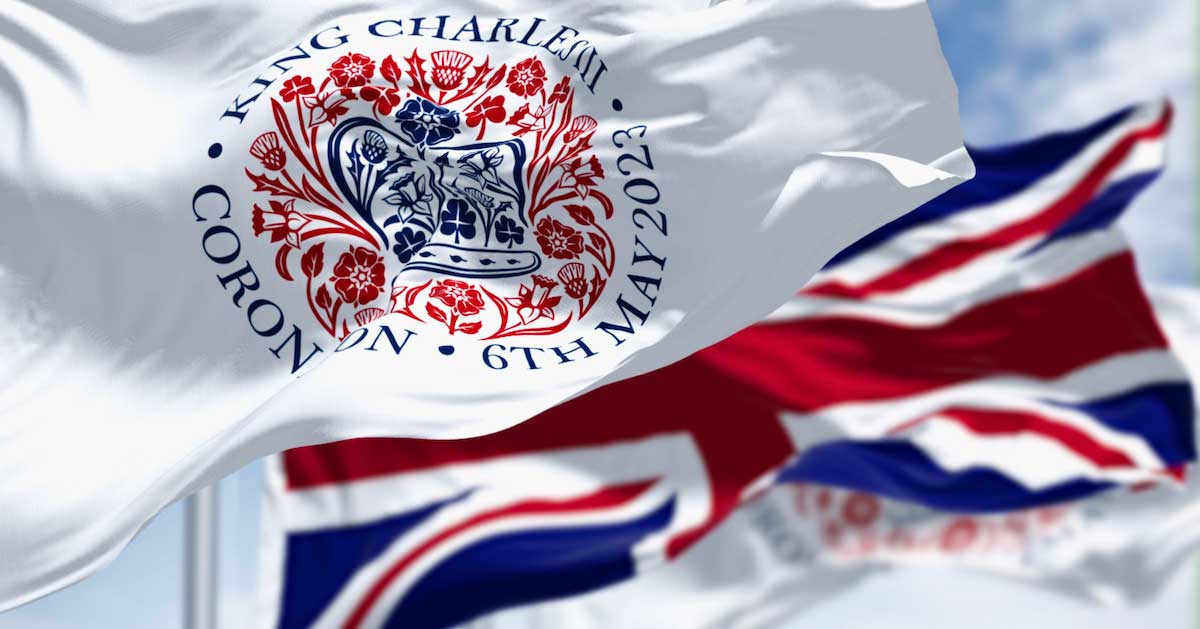The coronation of King Charles III on May 6, 2023, is set to be another momentous royal event. And there are lessons event planners can learn from this and other royal events. Let’s take a look.
1. Every detail matters
There is no room for error with royal events. The eyes of the world take in every detail. Everyone anticipates flawless execution. The planning must be meticulous on every single aspect. There can be no room for ambiguity.
“A key lesson from royal event planning is that no detail is too small,” says Anne Dalgaard (MPI Scandinavia Chapter), a meetings and events strategist. “Nothing is left to chance. They plan exactly where everything and everybody will be during the event.
“A key lesson from royal event planning is that no detail is too small. Nothing is left to chance.”
“When I plan events, I prepare every little detail, including a backup plan for things that might go wrong,” Dalgaard continues. “Having an event doesn’t save lives, but that’s how I was taught to do it.”
Focusing on every detail is not just about the show. It also includes every detail of the behind-the-scenes activity. In fact, the emphasis on logistics cannot be overstated. Everyone that plays a part in the ceremony has to understand what time their transportation leaves and what they need to wear.
Make sure you cover off every detail of your event, including, of course, the dress code for your event attendees.
2. Use protocols
Royal events use protocols. They play a big part in ensuring the success of the event. There is a set way that things must be delivered. Who sits next to whom is carefully planned and considered. These are protocols in action.
Royal protocols differ. There are some basic protocol rules that are internationally aligned, but every country, culture or monarchy will also have its own customs.
Royal events use protocols. They play a big part in ensuring the success of the event.
“Royal events are focused a lot on the ‘right’ people meeting each other,” says Jean Paul Wijers, executive director of Protocolbureau. “The royal is only there for a short amount of time, so they want to make the most of it.”
The lesson here that Miranda van Brück, creative director at The Content Studio, sees is, “Protocol is a big learning point for planners, as most events will never have a level of protocol as adhered to during royal events, but we can all learn from the protocol policies used by royal event planners.”
Planners understand the value that different people bring to the success of their event. With the return of in-person events and the demands of time placed on their attendees, using their own protocols could bring a higher ROI.
3. Invest time in rehearsals
It is impossible to watch a royal event without appreciating the time and effort that has gone in. Everything has been tested and evaluated to the last detail. For example, any ceremonial horse rider will have been put through a rigorous assessment to make sure they are up to scratch. A horse bolting would not be a good look.
Rehearsals involve numerous people. As van Brück points out, “I think what event planners can learn from royal events is plentiful. Cross discipline collaboration comes to mind. Just take the coordination with the city, police, medical, media, security, event suppliers and technical teams.”
Another benefit of rehearsals is to ensure the timings work and where they don’t, they can be adjusted before going live.
“Royal events always follow the programme to the minute (because they've planned in detail),” Dalgaard says. “We could learn a lot from that! Start at the allocated time, end at the allocated time.”
The aspiration for planners must be to invest in rehearsal time that enables your event to stand out like the royal ones.
4. Engage your community
Royal planners and their PR machine are specialists in understanding and building community. They are brilliant, whether it is for a wedding, a coronation or even a funeral. They know how to bring out a sense of occasion. They know how to make the emotional connection with people whether that is in happiness or sadness.
The recent example of the funeral of Queen Elizabeth II is evidence of that. Thousands of people gave up many hours of their time to join a line several miles long to move slowly towards her coffin that they saw for just a few moments.
Susan Arslan (MPI U.K. & Ireland Chapter), associate regional vice president at HelmsBriscoe, sums it up well: “Royal events produce a real fervour, which translates into the fear of missing out.”
Whilst building community is great, it does also bring additional challenges for the royal planners. Take for instance the fact that the only time a lot of the rehearsals can be done is in the dead of night when most of the world is asleep.
5. Create merchandise
The opportunity to sell merchandise can bring benefits to some events.
Look at the coronation merchandise on offer. Life-size carboard cut-outs of royals have long accompanied the outdoor street parties that are organised by community groups. And to help people really get stuck in there are recipes available for this occasion’s coronation quiche. If that is not to your taste, souvenir mugs and other memorabilia are also available.
This coronation is also significant because it effectively involves a rebrand. Everything has to be changed from Elizabeth to Charles. New uniforms, new portraits and new currency are some of the obvious items that spring to mind.
If your event could benefit with merchandising, take a look at what the royals do and follow some of their ideas. They know how to maximise the commercial element.
Aspire to the next level
If event planners take on board some of these lessons, they should see elevated levels of success. As the royals do, run your event as though the world is watching and benefit from the results.



